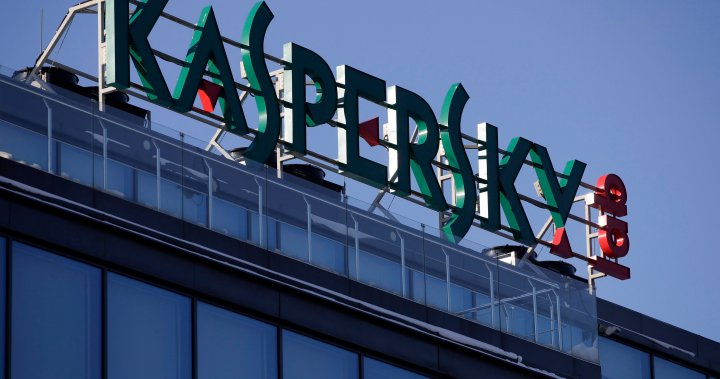The Biden administration has decided to ban cybersecurity company Kaspersky Lab from selling products in the United States due to concerns that the firm is closely tied to Russia and poses a security risk. This move is part of a larger effort by the U.S. government to put pressure on Moscow, especially as Russia’s war against Ukraine is gaining momentum. The ban is expected to take effect on September 29 and will prevent any new business with Kaspersky 30 days after that. The administration plans to add Kaspersky, as well as some of its Russian and U.K.-based units, to a trade restrictions list, which will bar downloads of software updates, licensing, and resales.
Kaspersky Lab has responded to the ban by stating that the decision by the Commerce Department was based on the present geopolitical climate and theoretical concerns, rather than a comprehensive evaluation of the integrity of the company’s products and services. The company maintains that it does not engage in activities that threaten U.S. national security and has made significant contributions in protecting U.S. interests and allies from various threat actors. Kaspersky intends to pursue all legally available options to preserve its current operations. The company has also denied having any ties to the Russian government.
The U.S. Department of Homeland Security had previously banned Kaspersky’s flagship antivirus product from federal networks, alleging that the company had ties to Russian intelligence. The department pointed out that Russian law allows intelligence agencies to compel assistance from companies and intercept communications sent over Russian networks. The Canadian government also banned Kaspersky applications from government mobile devices in October 2023, citing an unacceptable level of risk to privacy and security. It is unclear whether the Canadian government is considering further measures against Kaspersky.
A Kremlin spokesperson commented on the U.S. ban on Kaspersky, claiming that the U.S. was taking this action because the company is very competitive and accusing the United States of engaging in unfair, dishonest competition. The move to ban Kaspersky is seen as the U.S. government’s way of preventing potential exploitation of personal information of Americans by Russia. Kaspersky Lab has not responded to Global News’ request for comment on the ban, but the company has previously emphasized that it does not pose a national security threat and has contributed to protecting U.S. interests and allies from cyber threats.
The ban on Kaspersky Lab by the Biden administration is part of a larger effort to address security concerns related to the firm’s ties to Russia. The administration’s decision to add Kaspersky and its subsidiaries to a trade restrictions list is intended to prevent further business dealings that could potentially compromise U.S. national security. Kaspersky’s denial of any wrongdoing and its intention to pursue legal options reflect the company’s commitment to defending its operations and reputation. Overall, the ban on Kaspersky Lab reflects ongoing tensions between the U.S. and Russia, as well as concerns about cybersecurity and national security threats posed by foreign entities.


